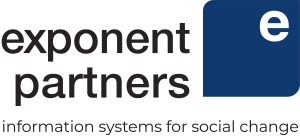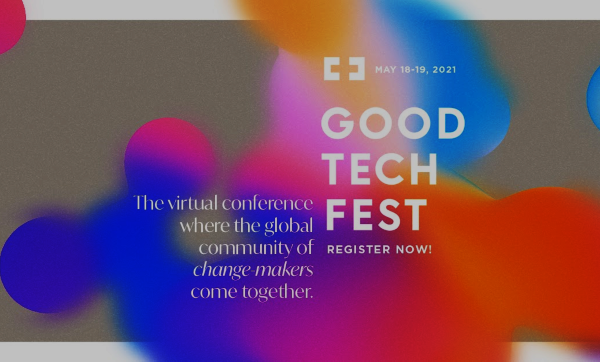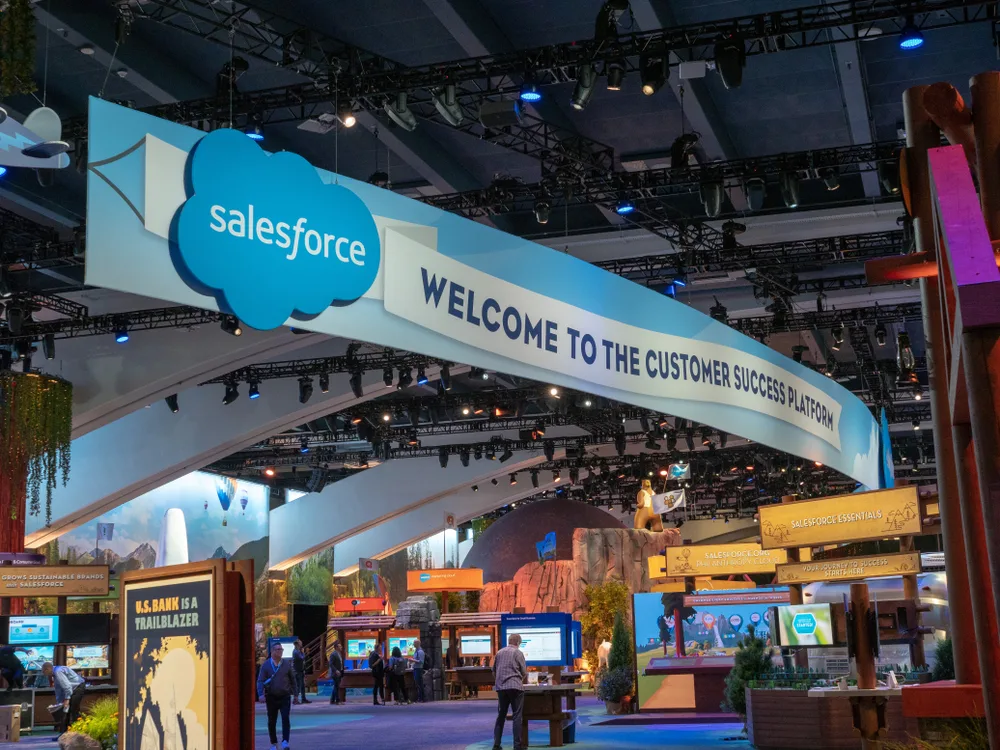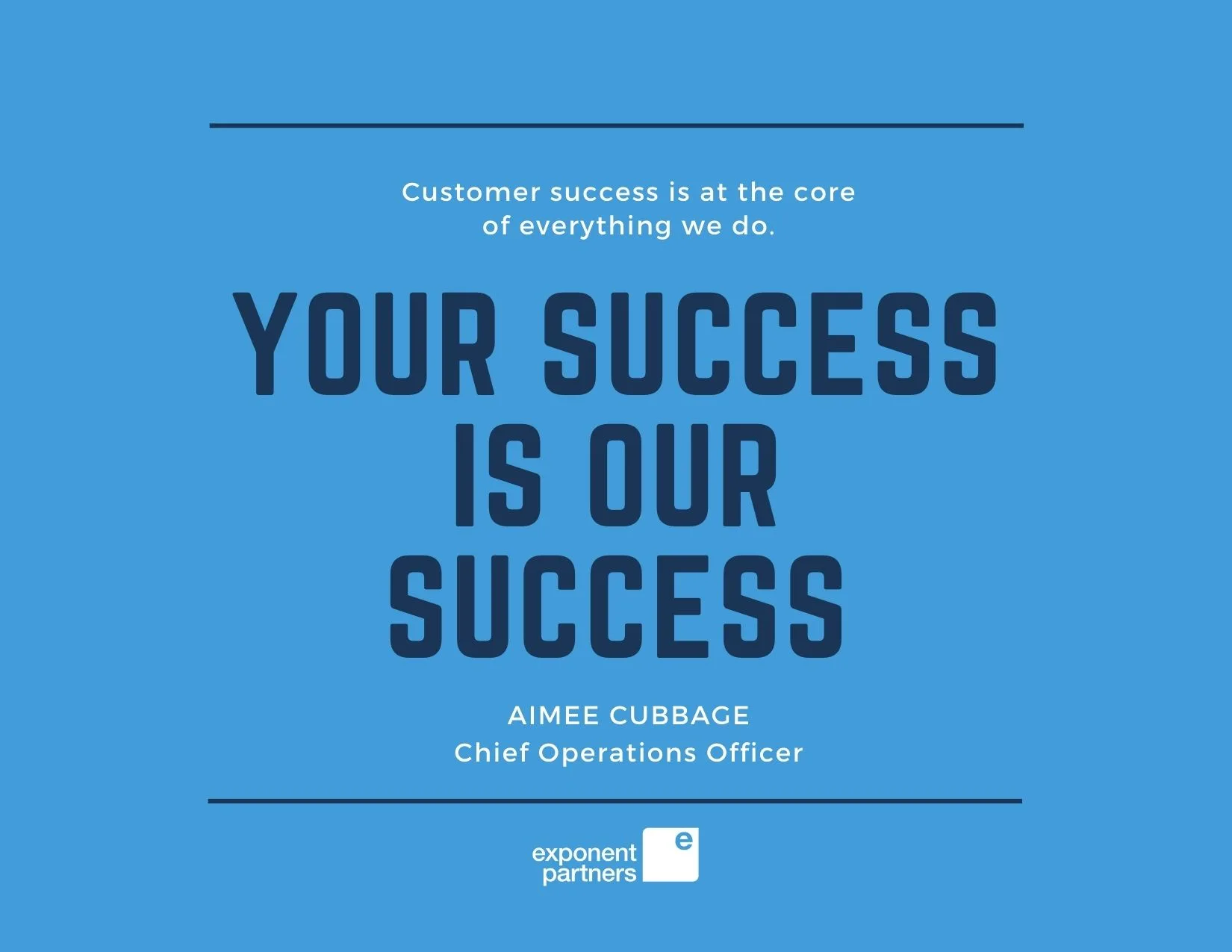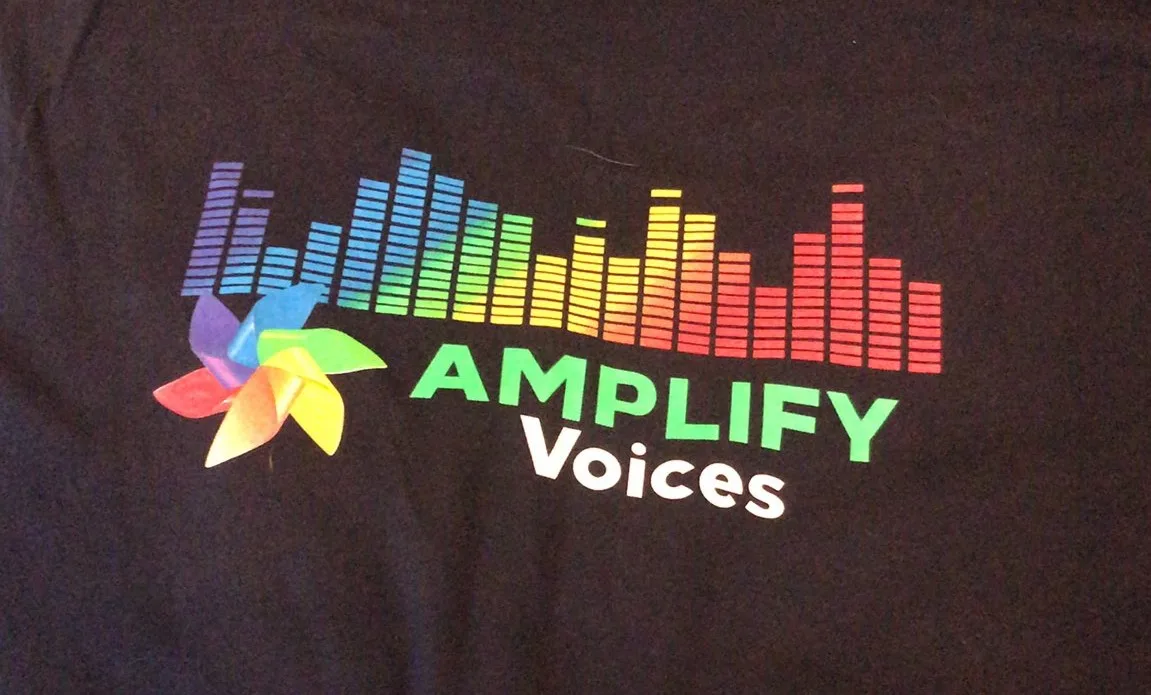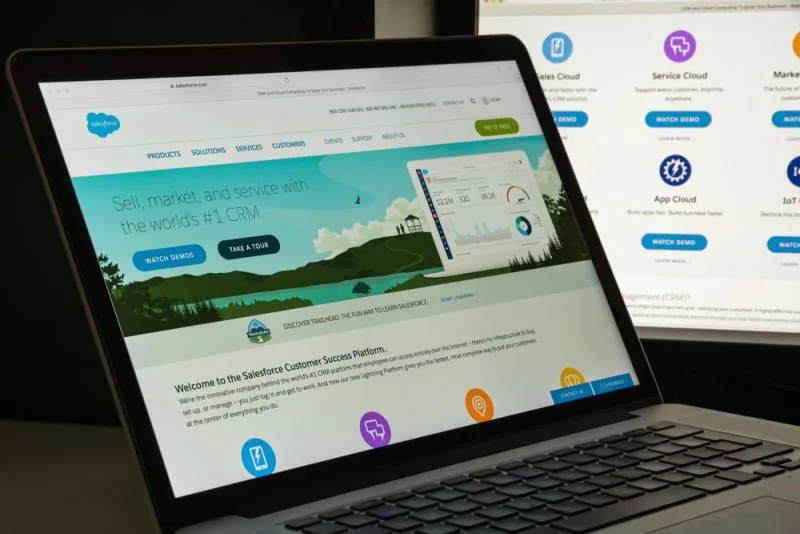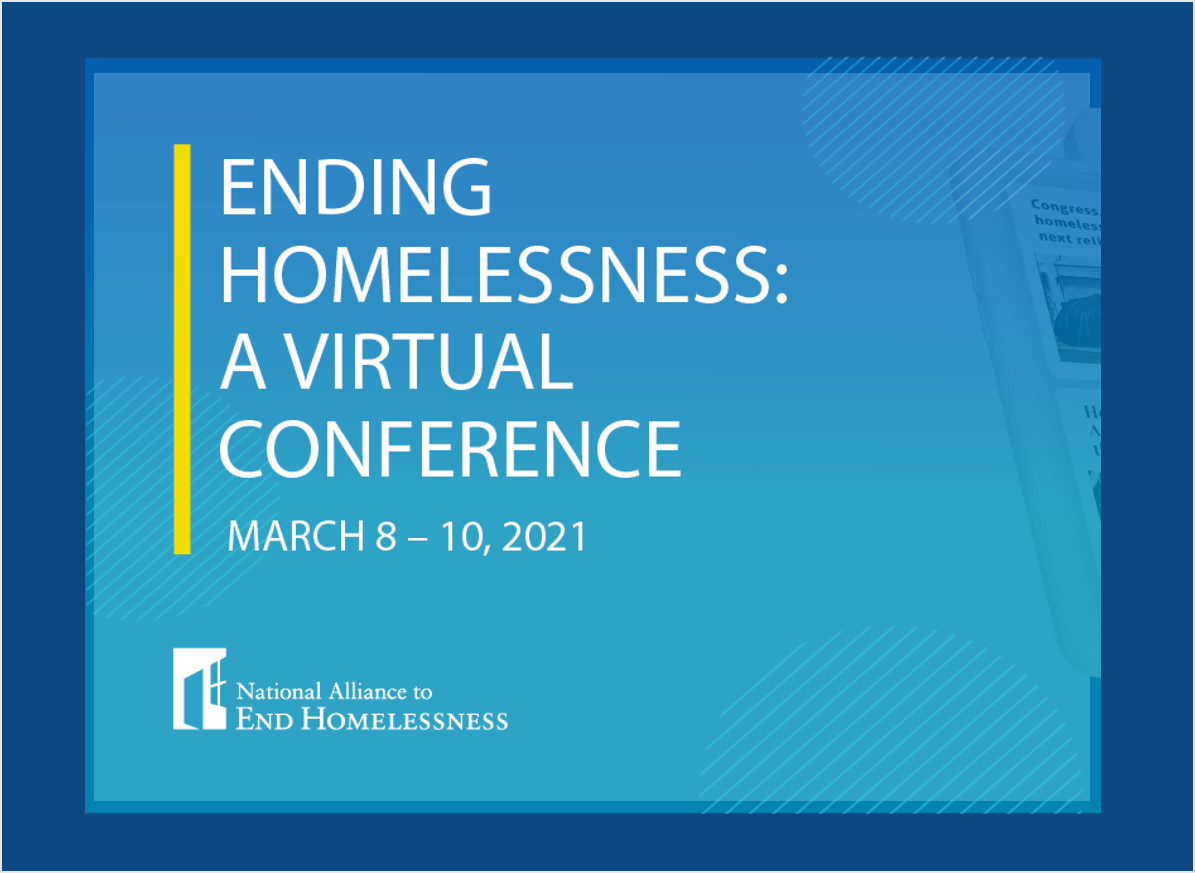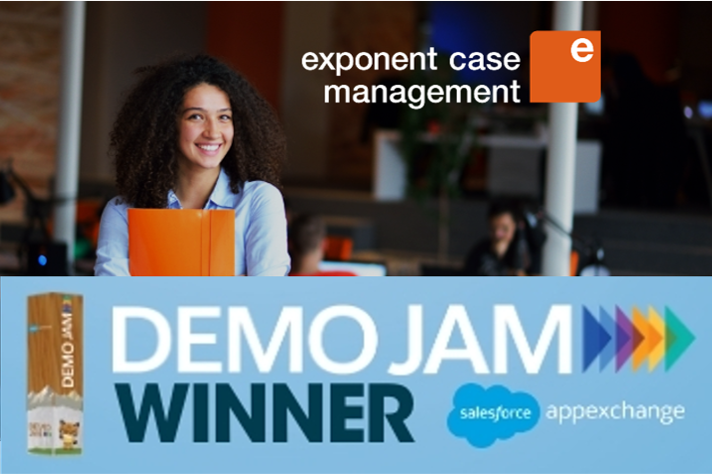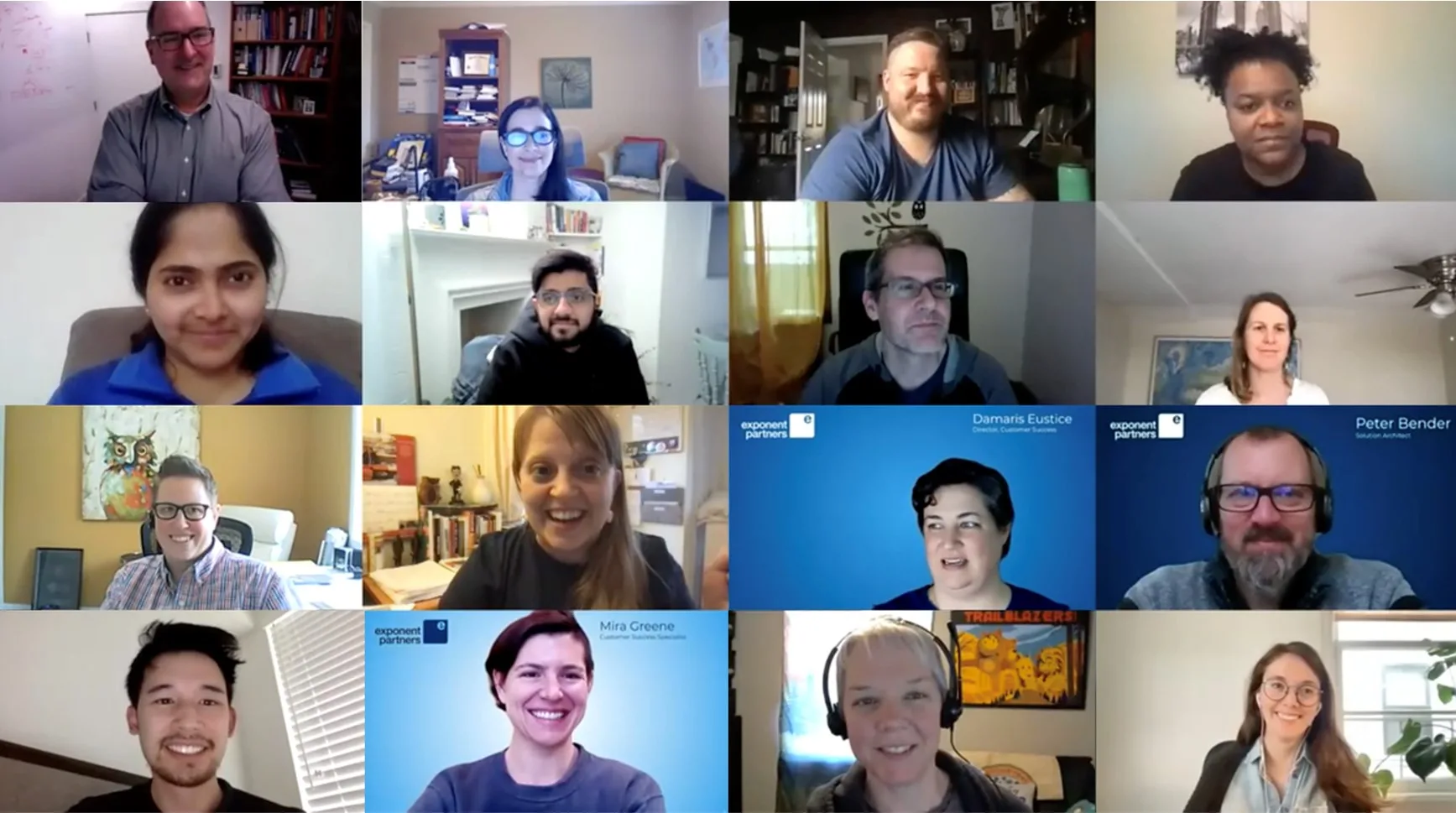Good Tech Fest: Watch the Sessions
Exponent Partners was proud to sponsor the 2021 Good Tech Fest. This onlince conference with over 80 sessions is dedicated to a the cross-sector community working to utilize data and technology for social impact. Unlike other nonprofit or social sector technology conferences, Good Tech Fest sessions are very much focused on program and field technologies. The Good Tech Fest community works for change and believes if we responsibly use data and technology that we can be more effective in achieving that mission.
In previous years, Exponent Partners has presented engaging sessions on nonprofit Theory of Change Logic Models as well as amplifying underrepresented voices in your tech community. This year we deepened our commitment to Good Tech Fest and added new sessions focused on fundraising and philanthropy. Watch the sessions below and contact us if you have any questions!
Watch Our Good Tech Fest 2021 Sessions
Philanthropy at a Crossroads: An Inside Look at the Latest Salesforce.Org Grants Management Solutions to Meet this Moment
Speakers:
Ursula Stewart, Grantmaking Industry Advisor, Salesforce.org
Pamela Fitch, Philanthropy Practice Account Executive, Exponent Partners
Brent Shively, Lead Solution Engineer for Foundations, Salesforce.org
Whether responding to the COVID-19 pandemic or mass demonstrations in support of the Movement for Black Lives, many grantmakers want to better support society’s most marginalized communities. The philanthropy sector has a unique opportunity to loosen the fetters of institutional processes to ramp up impact, to fund innovatively, and encourage projects that address structural issues that limit equity during this public health crisis and beyond.
To achieve this goal, grantmakers need the right technology. Salesforce.org is the social impact center of Salesforce focused on partnering with the global community of changemakers. As a social enterprise business unit dedicated to creating solutions for nonprofit, educational, and philanthropic organizations, Salesforce.org innovates on top of the world’s #1 CRM, channeling the philanthropic power of employees, customers and partners to join our global movement for good.
Watch this session for an engaging discussion on philanthropy trends and a live demonstration of the Salesforce Grants Management solution. Built in collaboration with the grantmaking and nonprofit communities, this deep dive will focus on the user experience of applicants; grantees; and grantmakers. From engaging with stakeholders to managing grant portfolios and out-of-the box reports to help track your foundation’s impact, get a peek of Salesforce’s new Grants Management solution.
Leveraging Data to Understand the Relationship between Impact and Fundraising
Speakers:
Lara Hoke Kimberley Senior Consultant, Fundraising Lead, Exponent Partners
Julie Feener, Director of Client Services for Philanthropy, Fundraising & Education, Exponent Partners
For many years, organizations have struggled with how to communicate their impact. Even today, within the sector, organizations struggle with explaining how their work makes a difference and what that work generates in regards to social return of donor investments. This session takes a high-level look at how to tie a logic-model based outcomes measurement strategy to strategic fundraising initiatives to drive organizational communications around impact.
